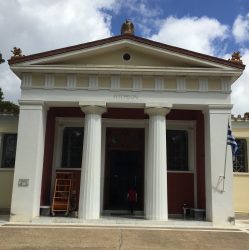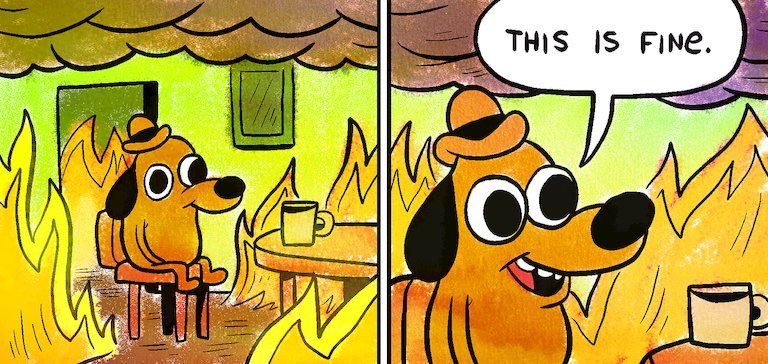As I dive further into research into the banning of Song of Solomon in St. Mary’s county, my understanding of censorship begins to shift and expand. I find my mind racing through all these different ideas of what is censorship, how censorship impacts everyone in different ways, and just how far people would be willing to go to censor different opinions.

In my studies from High school to college, I have always believed that censorship was a political tool used to silence and oppress those who do not align with the majority party. As time has progressed, I have begun to notice that it is more than a political tool to silence others. Censorship is taking away other voices. Censorship is eliminating different opinions.
Censorship impacts everyone differently, no matter your stance on censorship, its mere existence sparks debate and dissent among those involved. The censorship of Toni Morrison in St. Mary’s country impacts everyone: students, teachers, parents, administrators, members of the community, special interest groups, minority groups, and the author.
Students are possibly impacted the most by books being banned, in this particular case, the book by Toni Morrison was to be used in conjunction with a lesson plan about self identity and self trials. It was supposed to be used with the Adventure of HuckleBerry Fin, to see through the different gaze of the characters. As well as see the differences of the main character.
Teachers are forced to change what they are trying to teach to their class, shifting the focuses or even dropping lesson plans on the topic. I have yet to interview the teacher in St. Mary’s County about what they were forced to do after the ban. Even little alterations to the lesson or just to completely replace it with another book.
Parents are put into a position of having to decide if the book is appropriate for their students. As in a former interview with Professor Bates, students are well aware of curse words, foul language, and sexual topics; but parents still have control over what their children read. In the case of Song of Solomon, the complaint is believed to have come from a parent highlighting the foul language, sexually explicit content, and the theme of suicide. All of these things can be concerning to a parent, but if there is a setting for these discussions to be had, would it be school?
We have seen throughout history that books have been the target of those in power. The picture I found from Germany in 1933 is the example that comes to my mind when someone says banned books. But books can be banned and censored in more than just eliminating the book, editors telling the author how to phrase sentences, readers coming out against a book, and so on. Censorship of the Song of Solomon came in the form of removing the book from the curriculum, meanwhile it was still available at the library and book stores. In the interview with Professor Bates, he informed me that the book sold out in bookstores after the newspaper articles. Just goes to show you, people will only want to read it more.


